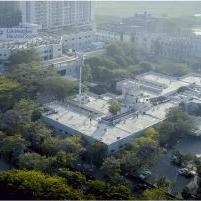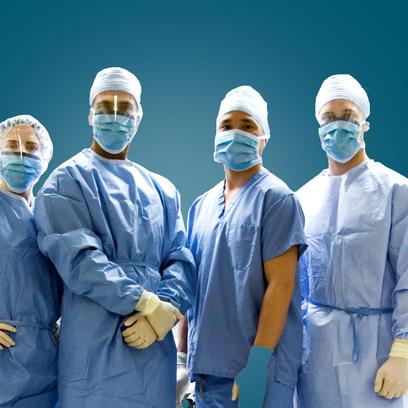
Welcome to Gleneagles HealthCity, Perumbakkam – Sholinganallur
In the realm of healthcare excellence, Gleneagles HealthCity at Perumbakkam - Sholinganallur, Chennai stands tall as an illustrious multi-organ transplant center in India. This distinguished institution not only holds the honor of being one of Chennai's top quaternary care multi-speciality hospitals but has also carved an indelible mark in the doma Read more
Our Doctors
View all Dr Rajasundaram
Dr RajasundaramMBBS, MS, MCh, DNB, FAIS, FAMS
Director Dr Dinesh Nayak
Dr Dinesh NayakMBBS, MD, DM(Neurology)
Director Dr Padmapriya Vivek
Dr Padmapriya VivekMBBS, MS, DRM (Germany)
HOD - OBGYN & Fertility Med… Dr Govini Balasubramani
Dr Govini BalasubramaniMBBS, MS (Gen Surgery), MCh (Caridothoracic Surgery)
Senior Consultant & Lead Dr T S Bala Shanmugam
Dr T S Bala ShanmugamMBBS, MS, FMAS
HOD and Senior Consultant Dr Joy Varghese
Dr Joy VargheseMBBS, MD, DM (Gastroenterology)
Director of Hepatology Dr Gobu P
Dr Gobu PMBBS, MD, DM (Cardiology)
HOD & Senior Consutant Dr Selva Seetharaman S
Dr Selva Seetharaman SMBBS, DNB, MS, MCh, MRCS, PGDHHM, PGDMLS
HOD & Senior Consultant
Key Facts
- 200
Operational Beds
- 15
Operation Theatres
- 2
Tesla MRI Machines
- Robotics
Da Vinci Xi Robot
- 24X7
CathLab
- 24X7
Pharmacy
- 24X7
Emergency Medicine
- 24X7
64 Slice CT Scan
Need Help
Accreditations
 NABH
NABHIndian Standard for Hospital Accreditation
 NABB
NABBIndian Standard for Blood Bank Accreditation
 NABH
NABHIndian Standard for Medical Imaging Services Accreditation
 NABL
NABLIndian Standard for Laboratory Accreditation

















